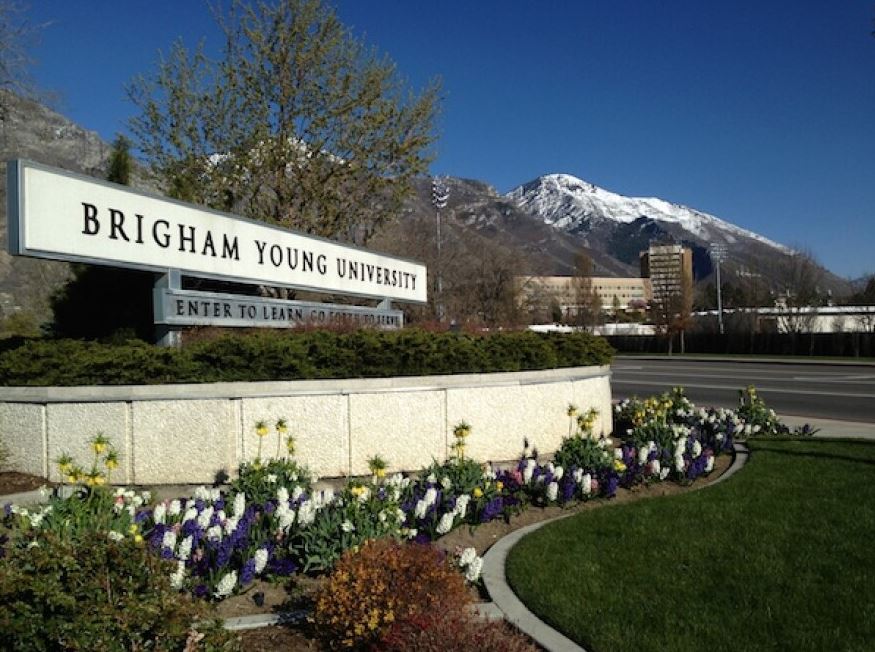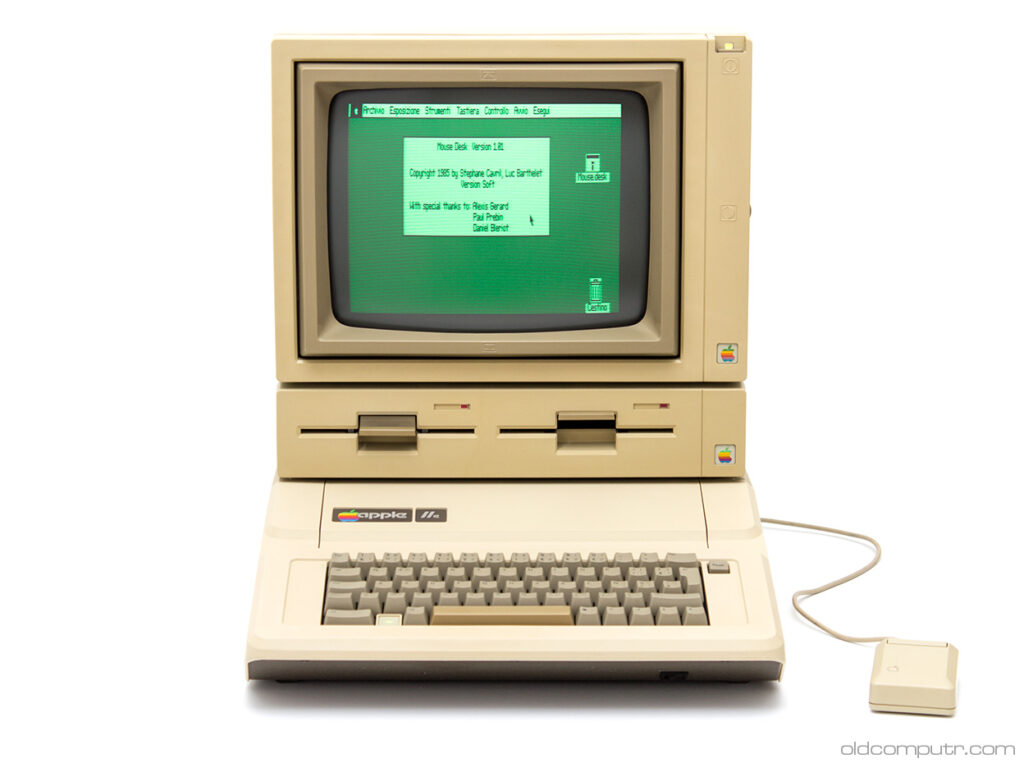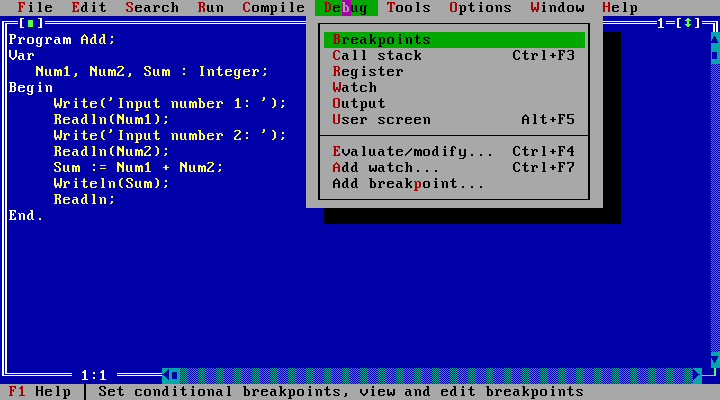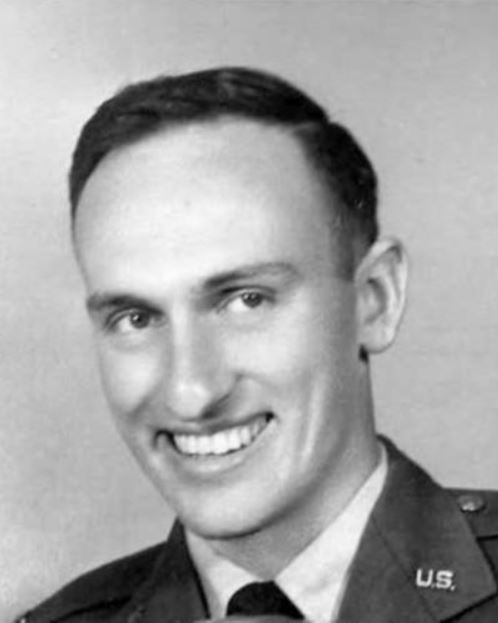I never really knew what I wanted to be when I was growing up. In 8th grade I said it was a toss up between being a doctor or a cabinet maker. When I graduated from HS, I went to a small college and I chose accounting as a major (not for any real reason, it just sounded respectful). So for one year I took economics, business law, and other prerequisites for accounting.
After my first year of college, I went on an 18th month mission for my church in Venezuela, and when I returned, I went to Houston (where a family friend lived) hoping to get a summer job at one of the big oil companies. I ended up living there almost two years doing odd jobs and for a while convinced myself that I could get rich without college. After realizing that Amway was not a viable career path, I one day decided that I needed to go back to school.

But what should I study? At the time I was working in downtown Houston for the Gulf Oil company (later bought by Chevron) as a file clerk and I was on friendly terms with some guys who had nice offices, so I figured that I’d get their opinions. I wrote a list of possible majors.
Number one on the list was accounting. I didn’t realize at the time that my ADHD made me a horrible candidate for accounting. To this day I absolutely hate doing paperwork.
Second on the list was marketing. I knew nothing about it, but I had a few crappy sales jobs and thought that it might be an option.
I felt like I needed a third option, but I didn’t know what it was. Then I remembered that in High School I once met with a representative of a 2-year technical college who said something that stuck in my mind – that people who like chess tended to do well with computer programming. This was 1985 and I had never used a computer in my life, but on a whim, I wrote “computer science” as my third option.
The next day I presented my list to the guys in the nice offices. One was pretty sure that at 21, I was far too old to go to college and he was adamant that I should instead join the military. Discounting him, everybody else agreed on computer science without any hesitation. None of them knew much about it, but they knew that it was the next big thing.

So that’s how it came to be that in the fall of 1985, I started attending BYU in Provo, UT with CS as my declared major. I was scared to death because I didn’t have much family support or safety net, and I literally knew NOTHING about computers. This would never happen today as everybody has some exposure to computer programming in HS, but not when I graduated in 1981.
The first semester was very rough and some of the students saw me as a poser (only in it for the money – they weren’t wrong), but about half way through the semester my brain just clicked and it all started making sense. By my second semester, I gained a lot of confidence as a student and I went on to do very well in all my classes with one exception – hardware. But that’s fine as I was much more interested in application program – I was never going to do system level work at the hardware level.

The first computer that I ever used was an IBM clone in a computer lab, and my first computer language was Pascal. My first assembler code was written on an Apple IIe using a 6502 processor. I eventually got a TA job in the computer lab teaching Pascal and 6502 assembler. As time went on, I learned C and that became my language of choice. At least I narrowly missed using punch cards and Fortran by a couple of years. I bought my very first PC in the summer of 1996, which didn’t even come with a hard drive. I was later able to buy a 15MB hard drive from somebody,

This picture of Borland’s Turbo Pascal brings back a lot of memories!
One professor that I really liked was Dr. Evan Ivie, who worked at Bell Labs and at one point was responsible for the anti-ballistic missile software. He had lots of stories and knew everybody famous from that era (Brian Kernighan was his intern). His specialty was operating systems and I took several classes from him (even auditing some graduate level courses). So I was going to be an application programmer with an affinity for operating systems (an oxymoron). The one class I didn’t take was a computer graphics (I don’t remember why, I guess I just wasn’t that interested).

Dr. Evan Ivie
I was interested in getting through school fast, so I attended classes through the summer. I never took an internship, which I realize now was a risky move (but they didn’t seem as important then as they are today).
I was set to graduate December, 1988 and I felt like a hot commodity – my grades were good, I interviewed well, the economy was good, and everybody was hiring. I took interviews with every company that I could, but I there were two jobs that I was the most interested in:
- Electronic Data Systems (EDS) in Dallas has a research job that really interested me.
- IBM in Rochester, Minnesota had an operating system job that sounded very interesting.
My sister was living in Houston at the time and she was dating a guy who worked at Compaq Computer Corporation and he wanted me to send him a resume (which of course I did). I flew to Houston to interview and everything seemed great, but my heart was really set on the other two jobs. Compaq made a nice offer, but I kept putting them off for months as I continued interviewing.
As I approached graduation, I learned more about EDS and decided that it would not be a good fit for me. So that left the IBM job in Minnesota. I did my onsite interview in early December, and I was struck by four things:
- It was COLD! (like 10 degrees below zero).
- There was nothing in Rochester, Minnesota – not exactly a fun place for a single guy to live.
- Due to a power plant slightly heating a local lake, Rochester was overrun each winter by 30,000 Canadian geese. This wasn’t a huge issue, but it made the place fairly disgusting.
- The last conundrum was the worst – while Rochester, Minnesota had the highest ratio of single women to single men in the country (due to all the nurses at the Mayo clinic), not even one of them was Mormon. As a Mormon boy, this was unacceptable to me.

Sitting in my room at the Rochester Holiday Inn, I had some hard decisions to make. EDS was out and IBM was out. I had some other offers, but none of them really spoke to me. Compaq was the best remaining offer – it paid well ($30,600), Houston was a very inexpensive place to live, and I already knew some people there. I called Compaq that day and accepted their offer.

Celebrating after my last final
I flew to Houston, found a place to live, went back to BYU to finish my finals, and then I drove a Ryder truck from Provo to Houston to start my first real job.
NOTE: I feel incredibly lucky/blessed for basically stumbling into the field/career that I love. It’s the perfect field for my type of brain, and has also been very lucrative. It’s definitely not for everybody, but it’s perfect for me.

